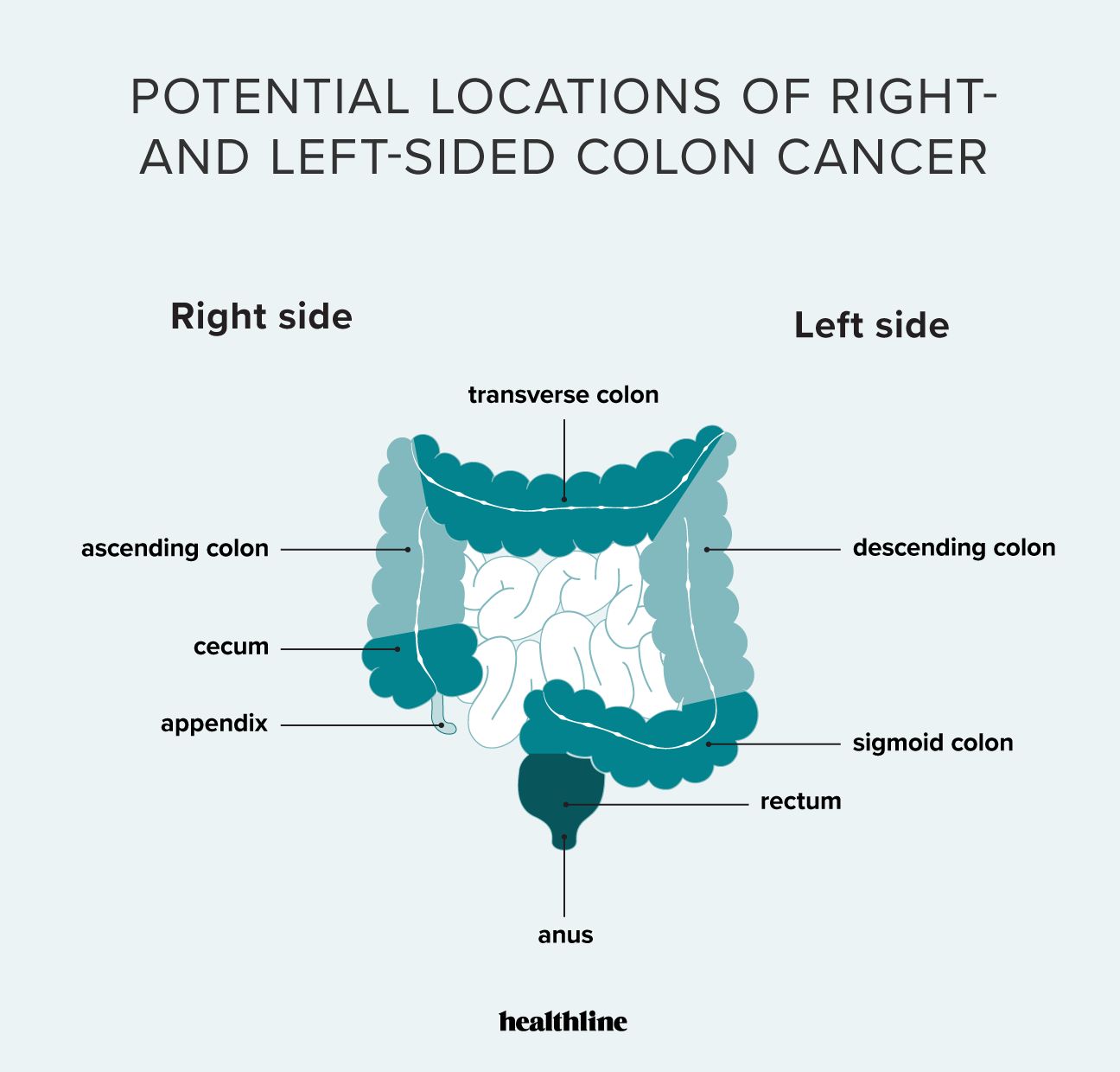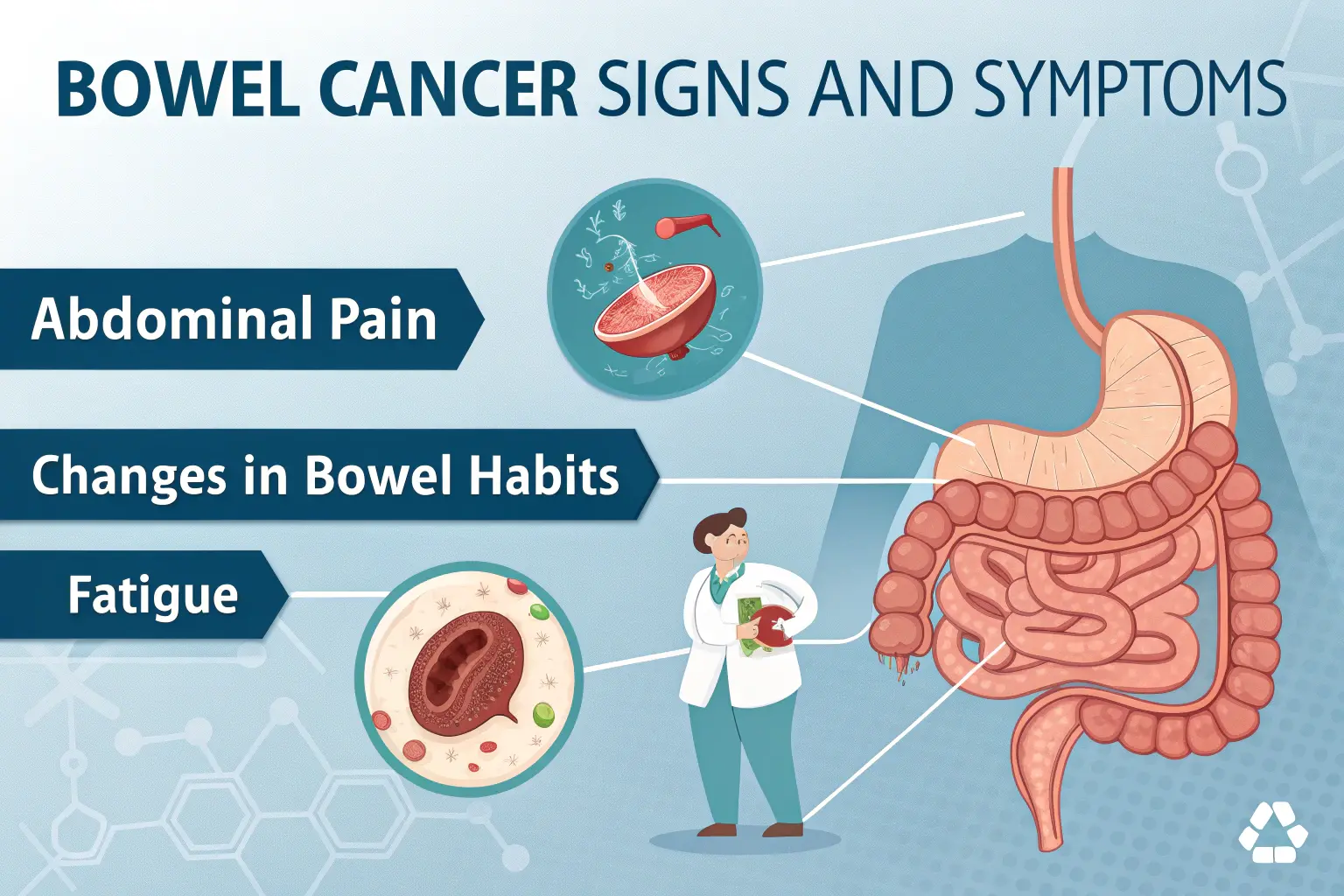
Why Does My Stomach Sound Like That?
You ever have one of those days where your stomach grumbles like it’s auditioning for a role in a horror movie? (Happens to me mostly in silent yoga classes or during boring work meetings… classic.) Most of the time, those rumbles are just your gut cheering you on as you digest lunch. But what if things start to sound, well… different? Louder? More persistent? Suddenly every gurgle feels suspicious, especially if you’ve heard about bowel cancer stomach noises somewhere on the internet or from a worried friend.
So, what’s up with these noises? Are they just your digestive playlist, or is there a reason to tune in a little closer?
Not All Rumbles Are Alike
Here’s something that made me pause: According to research on what to know about bowel cancer and stomach noises, our stomachs are supposed to make noise. It’s called borborygmi. (Yeah, it sounds like a spell from Harry Potter…) It’s all about the air, food, and fluids being ushered through your intestines by muscle contractions. That’s your digestive system doing its job.
Hunger, stress, “that extra scoop of beans”—they all make it growl and gurgle. But when do you hit pause and wonder, Could this be a sign of something more, like bowel cancer stomach noises?
When Noises Are a Red Flag
I used to brush these off until my uncle George (yep, real dude, real story) kept hearing stomach growls that just wouldn’t quit. Loud, weirdly timed, not tied to skipped meals. He even lost a little weight and started feeling off. After some gentle prodding from family (and a lot of “I’m fine, it’s just gas”), he went to his doctor. And… turns out those persistent noises were giving him a heads-up about colon cancer as reported in his diagnosis.
Now, don’t panic—most stomach noises are a normal part of digestive life. But if yours team up with stuff like blood in your stool, unplanned weight loss, ongoing tummy pain, or changes in bathroom visits, those are the moments to get checked. (Promise, docs have heard it all. No judgment here.)
What Else Comes With “Cancer Noises”?
| Just Digestion | Red Flags |
|---|---|
| Growls after skipping meals | Growls + blood in stool |
| Borborygmi post beans or fizzy drinks | Growls + unexplained weight loss |
| Settles after eating | Growls with ongoing pain |
| Changes when you’re stressed | Growls plus change in bathroom habits |
If you’re sitting there thinking, “Oh wow, I tick a couple boxes on both sides…”—you’re not alone. The trick isn’t to panic, but to pay attention and talk things out, either with your doc or, at least, a trusted friend who’ll nudge you to make that call.
Why Does Cancer Make Your Gut Noisy Anyway?
So here’s the science-y bit (but I’ll keep it snackable):
If a tumor is in your bowel or colon, it can partly block the pipes. Now, instead of food and gas cruising along like a Sunday stroll, they hit road bumps. That causes more sloshing, gurgling, rumbling—and it can sound… different. Some people describe it as higher-pitched or kind of non-stop, not just that occasional rumble after skipping breakfast as explained by bowel health experts.
Not only that, your gut may try to “push harder” to clear things. That can amp up the noise level, sometimes even coming with cramping, bloating, or feelings that you’re never fully empty after a bowel movement. (If you’re nodding along, keep reading—this stuff matters.)
Is It Just… Stress? Or IBS? (Asking for a Friend)
It’s not always cancer, promise. Bowel cancer stomach noises share territory with when should I be worried about stomach noises—but sometimes, it’s diet, IBS, stress… or, let’s be honest, a regrettable food truck decision. IBS, for example, often causes growling, bloating, and weird bathroom habits. The key difference? IBS symptoms come and go; cancer stuff sticks around or gets worse.
Here’s where I got stuck for ages: I’d start worrying, then Google risks, then worry more. Sound familiar? Deep breath. If you’ve tried changing up your diet, reducing anxiety, and nothing’s changed after a few weeks—it’s time for a professional check.
Bowel Cancer Noises vs. Other Causes
So, you might be wondering what makes bowel cancer stomach noises different from, say, run-of-the-mill digestive sounds or something scarier, like what you read about in Pancreatic cancer stomach noises.
Bowel cancer isn’t usually noisy in the early days. It kind of sneaks up, with the sounds often happening alongside other subtle changes. Maybe you notice:
- Abdominal pain that sticks around (not just after Taco Tuesday)
- A feeling your gut doesn’t really empty (so annoying)
- Occasional constipation or diarrhea that’s “off” for you
If you’re ticking more than one box, and especially if noises come with any red flags from earlier, that’s your nudge for a check-up. (Promise, it’s better to know.)
How Do You Know If It’s Serious?
I get this question a lot—usually from friends who start panicking after a single Netflix binge on medical dramas. So, let’s break it down: Stomach noises are “normal” if they’re just plain old hunger or digestion, or they settle down after a few hours or a meal.
But if yours are suddenly louder, more frequent, or being total drama queens (especially with pain or unusual bathroom habits), you might be living out one of those, “When should I be worried about stomach noises?” moments. If you want to deep dive into the checklist, when should I be worried about stomach noises is a super useful guide.
Tests, Tech, and Talking to Your Doc
Here’s what usually happens: If you go in to see a doctor (which you totally should if any of these symptoms line up), they’ll likely ask a bunch of seemingly random questions—about food, stress, family history, even bathroom quirks. Don’t be shy. The more they know, the easier it is to spot what’s normal and what’s off.
Sometimes, they’ll order a test or two—like a colonoscopy, a blood test, or something called a FIT/FOBT (fancy talk for checking your gut for hidden blood). It’s all quick stuff and honestly, way less dramatic than what the movies make it out to be. Piece of cake compared to endless worrying.

Stories That Hit Home
Remember my uncle George? His noisy gut wouldn’t shut up… so after months of weird sounds, he finally bit the bullet. That colonoscopy caught the early stages of colon cancer—tough time for us, but I’m grateful every day he listened to his body (eventually). Five surgeries and some rough months later, he’s back to being the loudest person at family dinners…and not just because of his stomach.
The biggie here: getting checked wasn’t scary. Ignoring it was. And he’ll say the same thing now, every chance he gets.
What Else Could Cause Gut Gurgles?
Not to freak you out, but bowel cancer isn’t the only reason for stomach noise. Sometimes, it’s as simple as stress messing with your gut’s orchestra, medicine side effects, food allergies, or infections. Maybe even something like IBS, which loves to punish you for that one scoop of ice cream.
Honestly, it helps to keep a little “noise diary” for a week or two—note when the sounds hit, what you ate, if stress was high, how your energy was. That way, when (not if) you see a doctor, you’ve got all the receipts.
If you’re curious about how other types of cancer mess with your gut’s soundtrack, check out Pancreatic cancer stomach noises—it’s wild how connected all our insides really are.

Tuning In: What To Do Next?
So…maybe you’re feeling a little “hmm” after all this talk about bowel cancer stomach noises. Should you freak out? Hide under the covers? Nope. Here’s your friend-to-friend checklist:
- Most stomach noise is normal and happens to everyone (even doctors!)
- If it’s new, super loud, or stubborn—and especially if paired with other symptoms—see someone
- Don’t guess alone. Doctors know you’re worried about bowel cancer (and they’d rather check than miss something)
- If you want extra peace of mind, when should I be worried about stomach noises is a clutch guide for knowing when to get help
Oh, and one bonus: If you’re over 45, just do yourself a favor and book that screening colonoscopy. Most colon cancers start from little polyps, which can be zapped out before they become a problem. Early caught means early beat.
Before You Go… Listen To Your Gut

Okay! If you’ve hung out this long, you clearly care about your health—or you’re just rolling your eyes at another awkward gurgle. Either way, here’s me nudging you (with all the “annoying friend” energy) to pay attention to bowel cancer stomach noises, but not panic over every rumble. Most noises are normal… some are just your body asking for a sandwich.
But trust those little warning signs. That stubborn noise that hangs out? The left-field tiredness, or the changes in your digestion? They’re just taps on the shoulder—you get to decide what happens next. (And spoiler: getting answers feels way better than lying awake worrying.)
So tell me—have you ever been freaked out by your own gut? Had a friend’s story that gave you the chills? Drop it in the comments. Or, even better, schedule that awkward-but-important checkup. Stay curious. Listen to your body. And if you’re ever unsure, Pancreatic cancer stomach noises and when should I be worried about stomach noises are just a click away.
Your gut’s got your back. Take care!


















Leave a Reply
You must be logged in to post a comment.